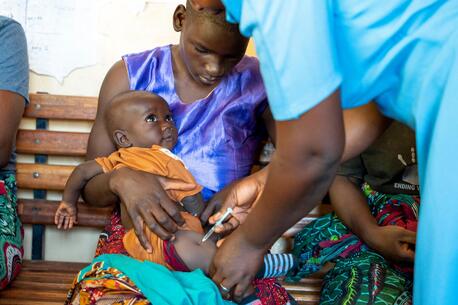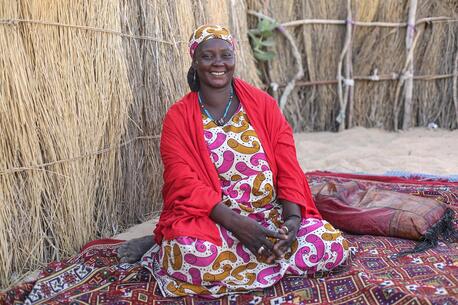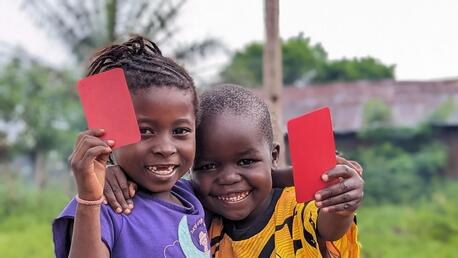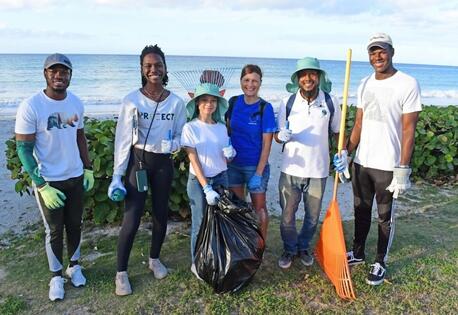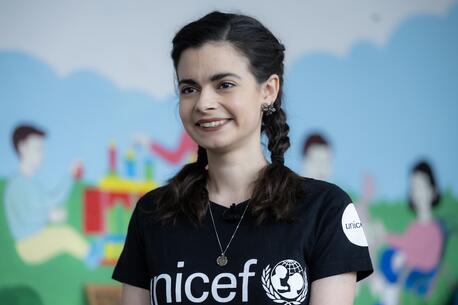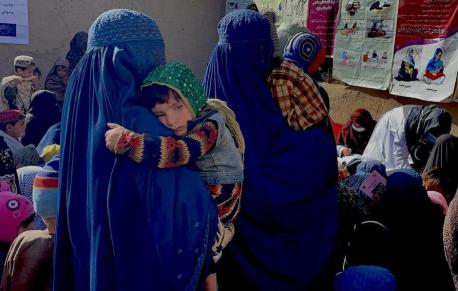
UNICEF in Afghanistan
UNICEF is on the ground in Afghanistan working with partners to shore up essential services and provide lifesaving support and protection to children and families in need. Learn more and how to help.
Multiple humanitarian crises in Afghanistan
In the years since the Taliban took power, relief remains out of reach for many people in Afghanistan.
Rapidly deteriorating conditions for children and families in the country — one already marked by decades of insecurity and climate-driven natural disasters — have created one of the worst humanitarian crises of our time.
The COVID-19 pandemic devastated Afghanistan, fueling chronic poverty. A majority of the population have not been able to meet basic needs due to cascading crises. Rates of acute malnutrition among children under age 5 have soared due to widespread food insecurity, and the health system is severely strained, under resourced and under staffed.
Unsafe water and inadequate sanitation is another major problem, contributing to poor health and well-being of children and families in many areas of the country.
UNICEF, on the ground in Afghanistan since 1949, is committed to working alongside local partners to deliver lifesaving assistance to children and families in need of health care, nutrition support,safe water and more.
When a series of powerful earthquakes hit western Afghanistan in early October 2023, UNICEF immediately responded, delivering emergency relief to impacted children and families.
Girls' rights to education and protection under threat in Afghanistan
The situation for women and girls remains of grave concern. Restrictions on women and girls have curtailed basic freedoms, deprived many women of income-earning opportunities and created barriers to accessing services.
Girls remain barred from attending secondary school, creating significant learning and protection risks and likely impacting generations to come.
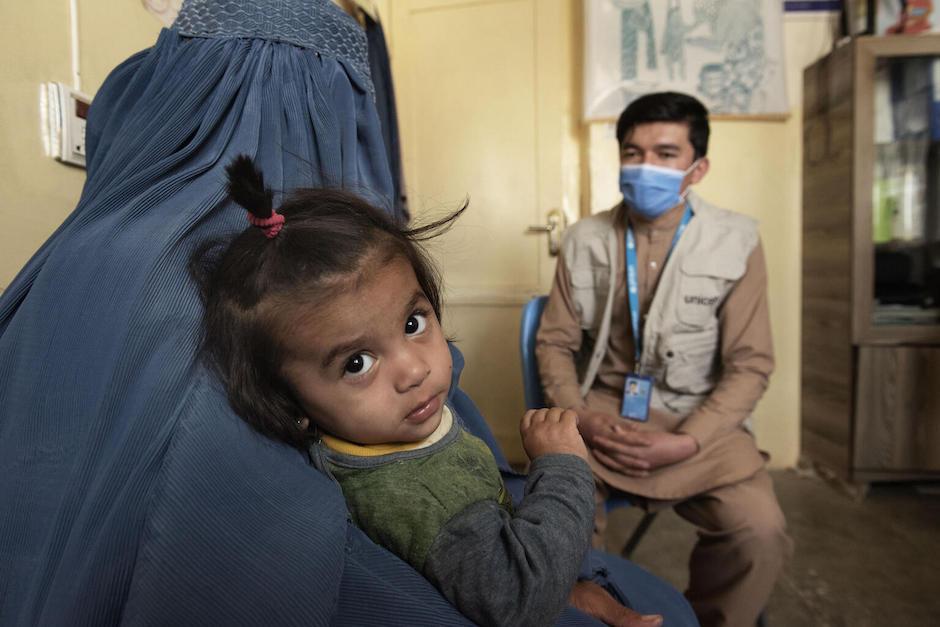
Climate risks are high in Afghanistan
With a warming rate that is higher than the global average, Afghanistan is ranked number 5 worldwide among countries that are most at risk due to climate change.
Floods, droughts and other climate-driven disasters have severely impacted access to safe water in several provinces, while compounding other humanitarian needs.
"The most pressing needs arise not from conflict as you may think," UNICEF Afghanistan Communications Chief Samantha Mort says, "but from a devastating economic crisis fueled by climate-related threats."
How UNICEF is helping children and families in Afghanistan
UNICEF is on the ground in Afghanistan working with partners to shore up essential services for children and to provide lifesaving support and protection — despite a highly complex operating environment.
While physical access to people in need has largely improved, bureaucratic impediments, threats and intimidation of humanitarian workers and restrictions on female humanitarian workers have increased significantly, hindering the delivery of critical lifesaving services. UNICEF continues to advocate for unimpeded and principled access to people in need in Afghanistan.
UNICEF's requires additional donor support to continue scaling up nutrition, health, water and sanitation, education and child protection services, to prevent the collapse of critical systems and to advocate for the rights of women and girls.
You can help UNICEF meet the urgent needs of vulnerable Afghan children and their families. Support UNICEF's efforts to deliver essential nutrition and health services, protection and education to vulnerable children in Afghanistan. 100% of your gift is tax-deductible.

